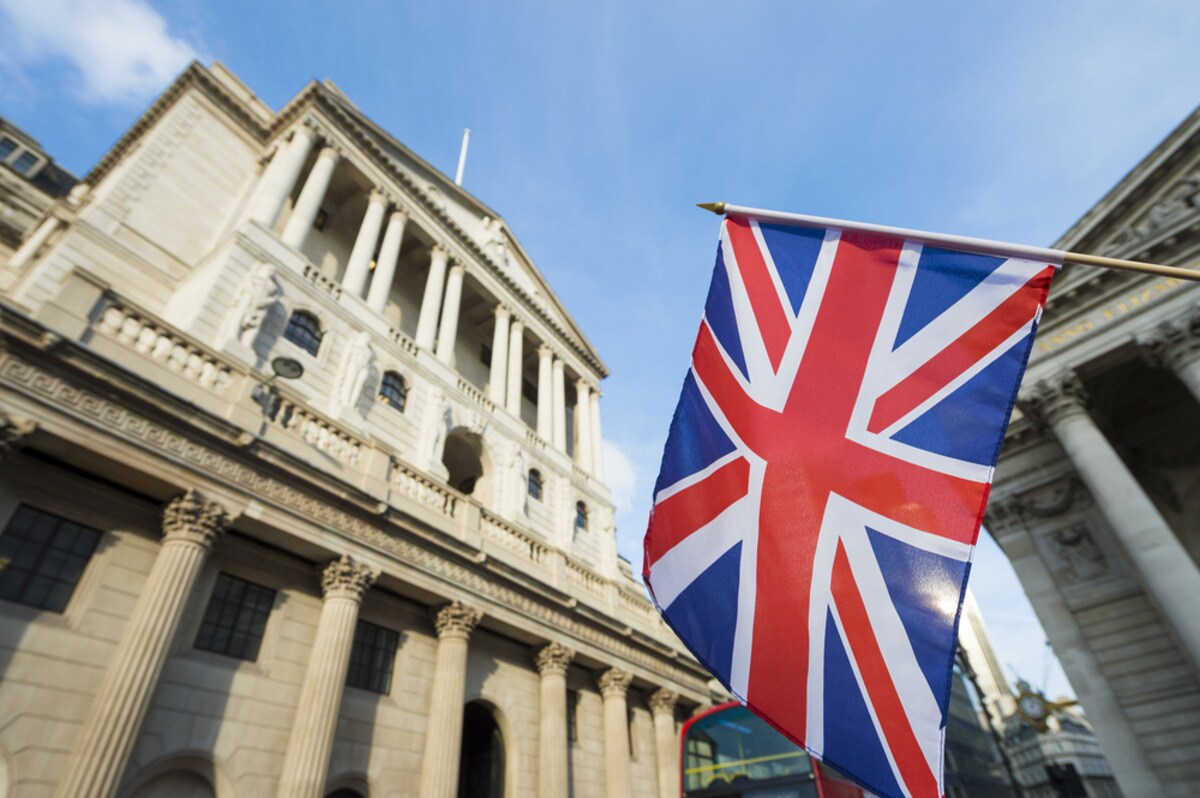In an effort to combat inflation, which is expected to persist despite recent declines, the Bank of England (BoE) increased interest rates by 25 basis points to 5.25 percent on Thursday. This marks the highest level since early 2008.
The Monetary Policy Committee, in response to ongoing inflationary pressures, made the decision to raise interest rates for the fourteenth consecutive time during their latest meeting. This decision was based on key indicators, such as wage increases, which suggest that inflation may persist.
Read more: Bank of England surprises markets with 50 basis point interest rate hike
Like the U.S. Federal Reserve and the European Central Bank (ECB), BoE has decided to increase interest rates. However, the U.K. monetary authority has revised its inflationary forecast. The projection for 2024 is 2.5 percent, and for 2025, it is 1.5 percent. The forecast covers an extended period.
The latest data shows that inflation in the U.K. was at 7.9 percent year-on-year in June. This is still the highest rate among wealthy G7 countries. Despite a significant slowdown, the rate remains high. This has intensified the country’s cost-of-living crisis.
According to a statement made by Andrew Bailey, governor of BoE, it was noted that the decreasing inflation is good news. He acknowledged that inflation has an impact on everyone, particularly the wealthy. Bailey further urged that efforts must be made to bring it back to the target of 2 percent.
For more economy-related news, click here.








